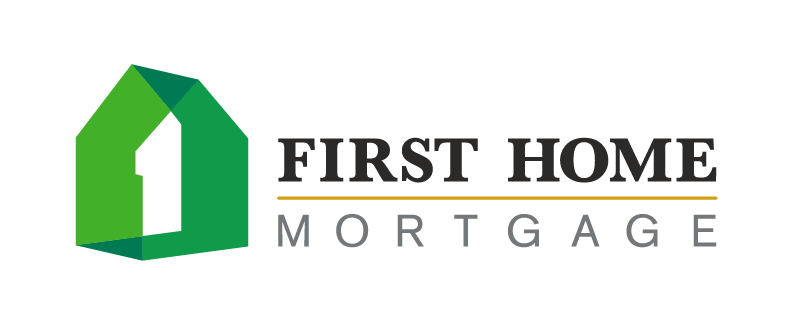As you find a Lender and move closer to closing, one question you will need to answer is whether or not you plan to pay points on your mortgage. Before making this decision, you need to understand what points are and how they affect your mortgage and closing costs. Here’s a closer look at this tool and how it affects your mortgage planning.
What Are Mortgage Points?
Points, which in some states are called origination points or discount points, are fees you pay to your Lender to get a reduction on your interest rate. The purchase of points is known as “buying down” the interest rate. By paying an upfront fee at closing, you can get a lower interest rate and save over the life of the loan.
Mortgage points equal one percent of the loan amount. If you’re buying a $200,000 home, you can reduce your interest rate by paying points, but each point will cost $2,000. For that amount, you lower your interest rate by 0.25 percent. Each Lender has its own rules about points, but generally, you are allowed to buy up to two points. Mortgage points may be tax-deductible (see your accountant for advice).
Benefits of Mortgage Points
Mortgage points may lower the cost of your mortgage over the life of the loan. By paying less in interest, you may save thousands of dollars, especially with a 30-year loan. If you are buying a home when mortgage rates are a bit higher than average, mortgage points let you control those costs a bit. They also give you a tax deduction in the year that you buy them.
So just how much could you save by paying points? The answer depends on several factors, but here is a look at the numbers:
If you are buying that $200,000 house and the interest rate is 5 percent, you could buy two points to lower it to 4.5 percent. Those points would cost you a total of $4,000. So how much would you save in interest?
With an interest rate of 4.5 percent on a 30-year, fixed-rate mortgage, you will repay the $200,000 plus $164,813 in interest. Your monthly payment would be $1,013. With an interest rate of 5 percent, the total interest you would pay increases to $186,512, and your monthly payment increase to $1,074. Thus, you save $21,699 in interest over the life of the loan if you pay for the 2 points.
So how long would you need to stay in the home to recoup the $4,000 in points you paid? The $61 savings a month means you would need to remain in the house for 65 months to save $4,000. Thus, staying in the home for over five years would allow you to recoup the costs.
Drawbacks of Mortgage Points
Mortgage points have one main drawback – they increase your closing costs substantially. Adding another $2,000 or more to your closing costs means you need more at the outset of the loan. It can also mean that you have less money to use as a down payment. If you’re close to the 20 percent market that would negate your PMI or MIP fees, paying points may not make sense.
When Should You Pay Points?
Discount points are an excellent choice for borrowers who have a lot of money to start their home purchase but may have a varied or limited monthly income. It also makes the most sense for people who know they are going to stay in their homes for a long time, preferably more than five years. The savings from discount points take time to show up because the lower interest rate does not yield immediate benefits. Finally, mortgage points make sense when interest rates are higher than recent averages, but you need to move forward with the home purchase.
As you make decisions about your mortgage, there are many factors to consider. Mortgage points are just one of those. Take time to weigh your options and count the costs, and understand all of the tools available to you. Points are one of those tools. Use them if they make sense for your financial situation
Contact me, Drew, for more information about how bi-weekly payments work.


